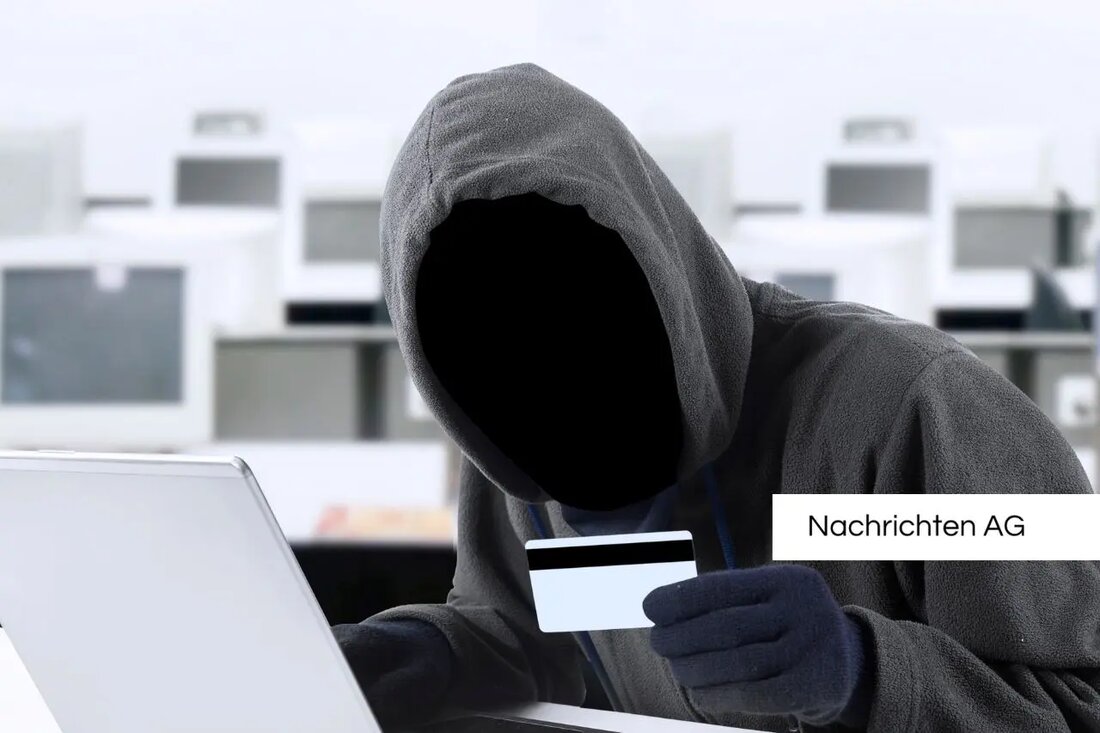Phishing warning: How to protect your money from cyber fraudsters!
Phishing warning: How to protect your money from cyber fraudsters!
The number of bank customers confronted with phishing emails increases alarming. According to the Merkur , the number of online banking fraud in Germany increased to around 50,000 annually, which is about an increase of around 50 Percent in the past five years. These worrying numbers are a clear call to vigilance in the digital financial world.
Customers who are particularly affected by fake e-mails in which alleged updates for the TAN procedure are required are particularly affected. A victim reported that he lost 22,000 euros through such a message, the details were presented in the ARD program Marktcheck on April 8, 2025. Bernd Alt, for example, received a supposedly authentic email from Comdirect, who asked him to update his phototan settings.The pitfalls of the phishing
After clicking on the link provided, old entered his data on a fake website and unconsciously authorized several transfers. "The bank reacted too slowly," he criticized the Comdirect, while the bank rejected the allegations and explained that they would not disclose any information about its internal processing methods. This incident is just one of many that shows the weaknesses of the banking system. According to a study by the Bundesbank Consumer Center, the security systems of many banks are often not reliable.
Nuriye Yildirim, a specialist lawyer for banking and capital market law, sees this as a strong responsibility of the banks. It demands faster reactions and comprehensive support for affected customers. The consumer center regularly warns of the current fake emails that simulate banks-a topic that affects more and more customers, as well as the users of Targobank. These were recently asked to verify their contact details.
warnings of current fraud attempts
An email from Targobank bears the subject "Update: Safety check for account. / Ref. phishing is not only limited to emails; Attempts to fraud are also increasing. Fraudsters are a bank employee and ask for data review via apps such as VR-Securegoplus. A case that was negotiated before the Darmstadt district court clearly shows that a fraudster had prompted 28 bookings worth over 6,700 euros, since the account holder did not adequately questioned the check. The court decided that there was no gross negligence on the part of the account holder, since no sensitive data had been passed on directly. Another example comes from Cologne, where an account holder lost 14,000 euros after he had agreed to register his digital debit card without checking who actually calls. Here, too, the court recognized the circumstances as not grossly negligent. In contrast, the Göttingen district court decided in another case that a woman acted grossly negligent when she released the pushan procedure several times and thereby granted access to a fraud. These judgments examine the attempt to find a balance between the protection of consumers and the responsibility of the banks. While in many cases the banks are granted responsibility, it turns out that consumers must also be vigilant to protect their financial means. Details Quellen


Kommentare (0)